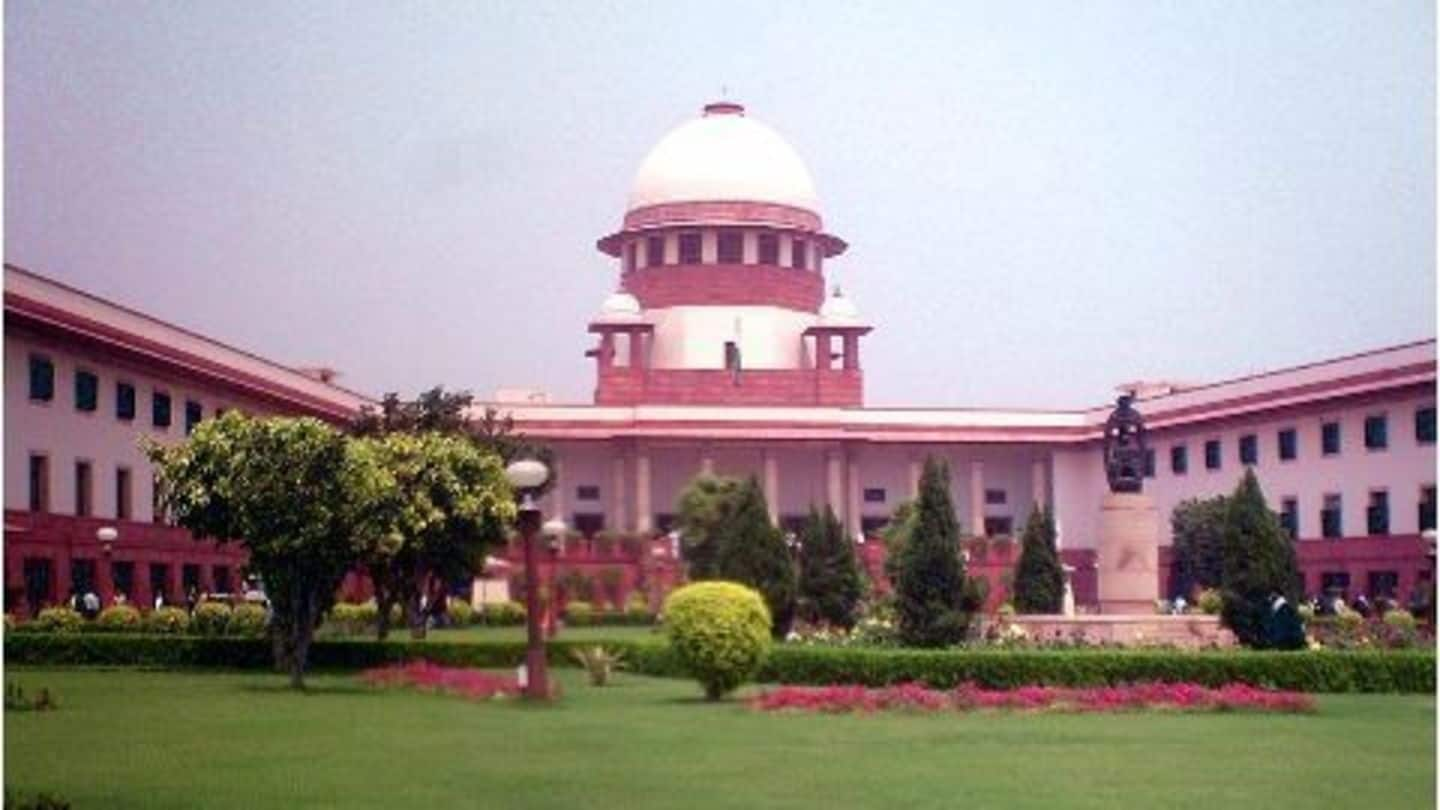
SC upholds the validity of criminal defamation law
What's the story
In a significant verdict, the Supreme Court ruled that the criminal provisions of defamation are constitutionally valid. The judgment dismissed a batch of petitions including the ones by BJP leader Subramanian Swamy, Congress vice-president Rahul Gandhi, and Delhi Chief Minister Arvind Kejriwal. The petitioners challenged the constitutional validity of sections 499 and 500 of the Indian Penal Code providing for criminal defamation.
Defamation
Defamation under Indian laws
Defamation, in India, can both be a civil wrong and a criminal offence. While a civil wrong tends to provide for redressal of wrongs by awarding compensation, a criminal provision of defamation seek to punish a wrongdoer. Civil defamation is not codified as legislation and depends on judge-made law whereas criminal defamation has been defined as an offence under the Indian Penal Code (IPC).
Information
Sec 499-500 of IPC
IPC Section 499 defines criminal defamation and few subsequent provisions specify the punishment for defamation. Section 500 stipulates an imprisonment of up to two years, with or without fine, for someone held guilty of criminal defamation.
8 Oct 2014
Subramanian Swamy challenges validity of criminal defamation
BJP leader Subramanian Swamy moved the Supreme Court seeking quashing of three criminal defamation complaints filed against him by Tamil Nadu government. In his writ petition, Dr. Swamy challenged the constitutional validity of Sections 499 and 500 of IPC. He contended that these provisions violated the fundamental rights guaranteed under Article 19 (1) (a) of the Constitution on freedom of speech and expression.
Definition
What amounts to defamation?
Defamatory acts can include "words either spoken or intended to be read", signs or visible representations, any imputation made or published concerning any person intending to harm, or knowing or having reason to believe will harm, the reputation of such person.
Argument
Swamy's arguments against criminal defamation
Challenging the provision of criminal defamation, Swamy said the Executive does not permit expression of public opinion by instituting cases of defamation through the public prosecutors. He further added that it was inconceivable that money on these cases was spent by the Executive from the State exchequer. Swamy also said that the criminal defamation provisions "are a throwback to an earlier repressive British regime."
13 May 2016
What did SC say in its verdict?
In its judgement regarding criminal defamation, Supreme Court noted that it is "extremely difficult to accept that criminal defamation has a chilling effect on freedom of speech and expression." The court observed that right to free speech is not absolute and it should not rob an individual's right to protect his reputation. It held that courts have to strike a balance between the two.